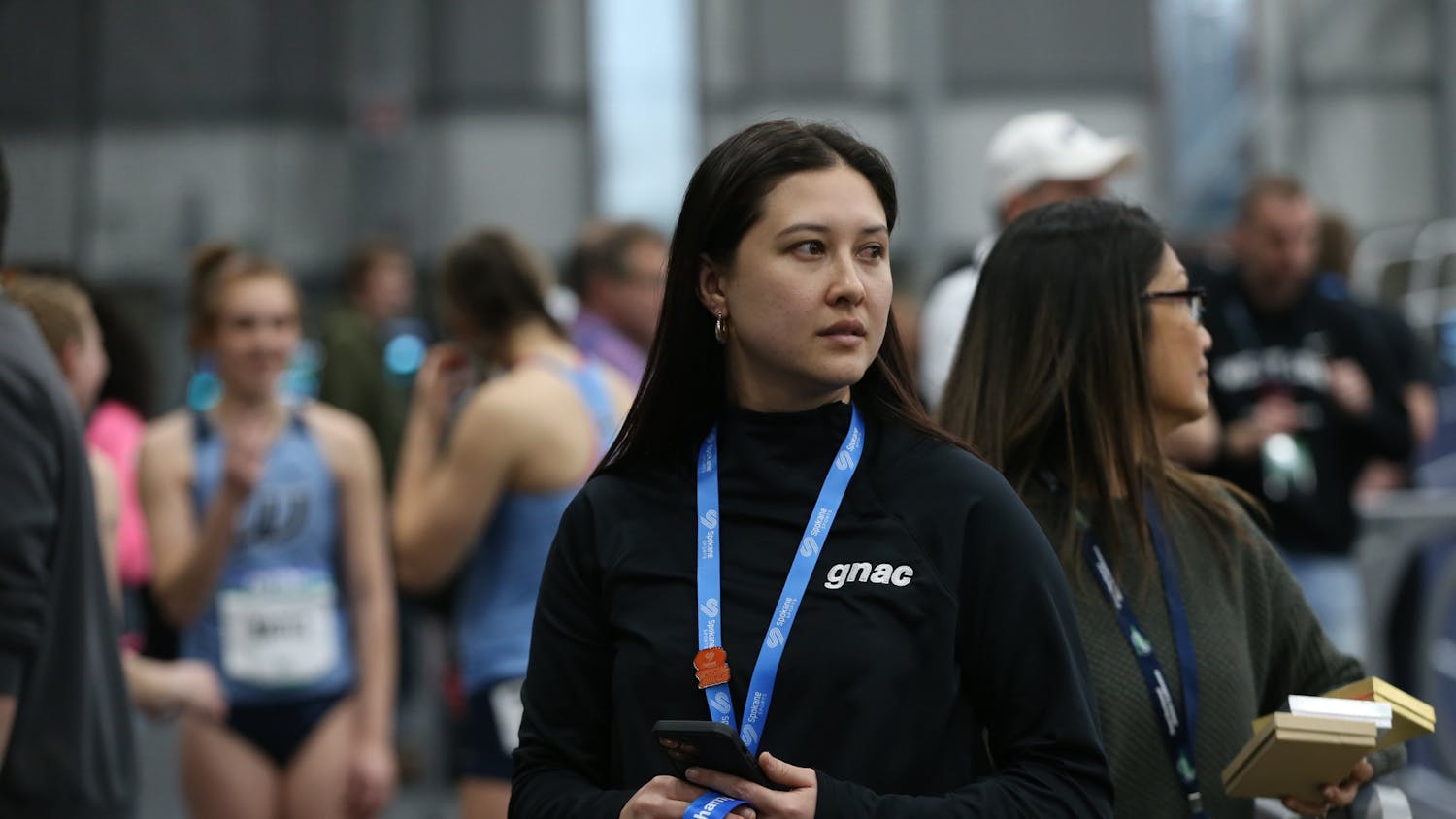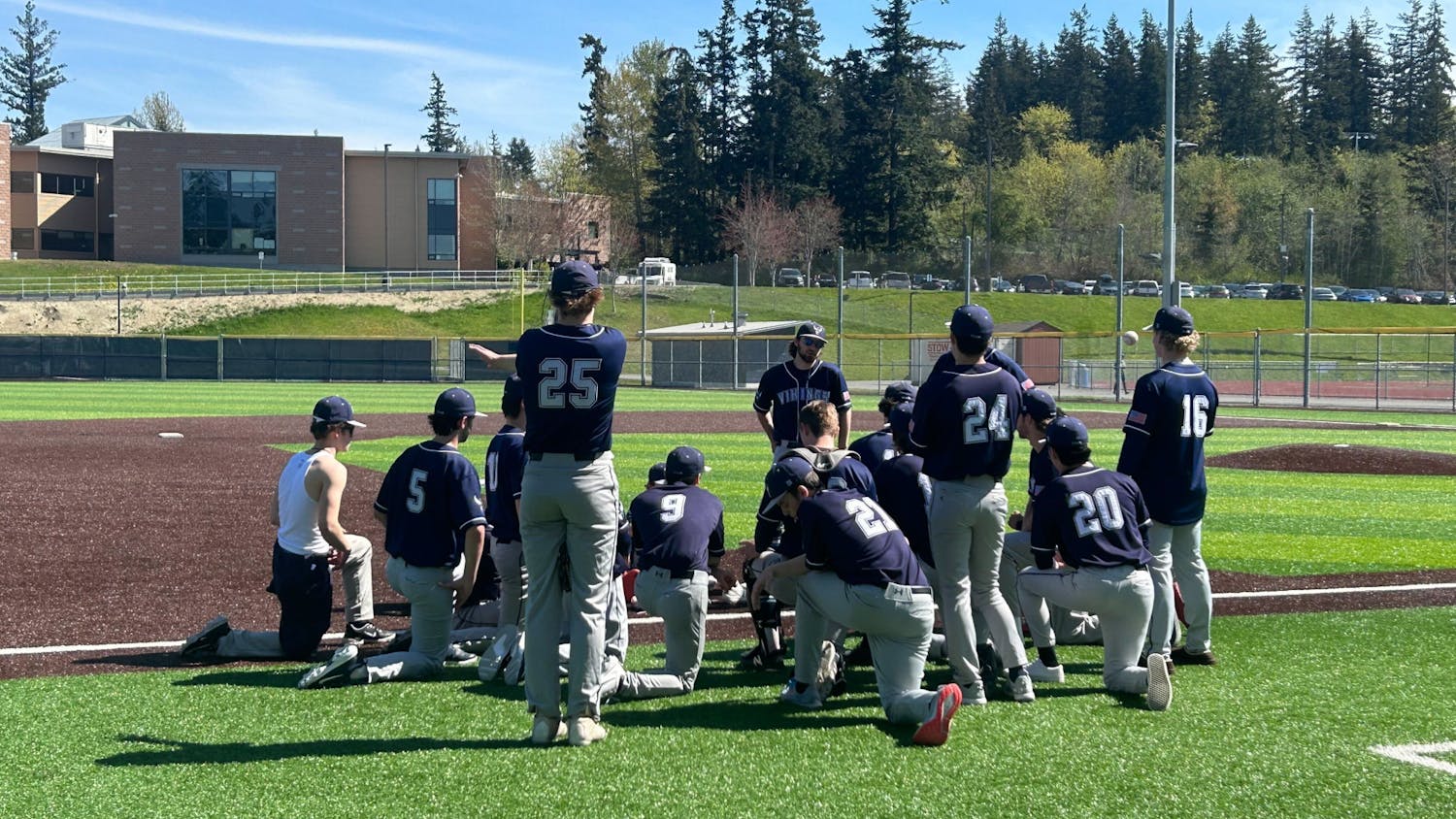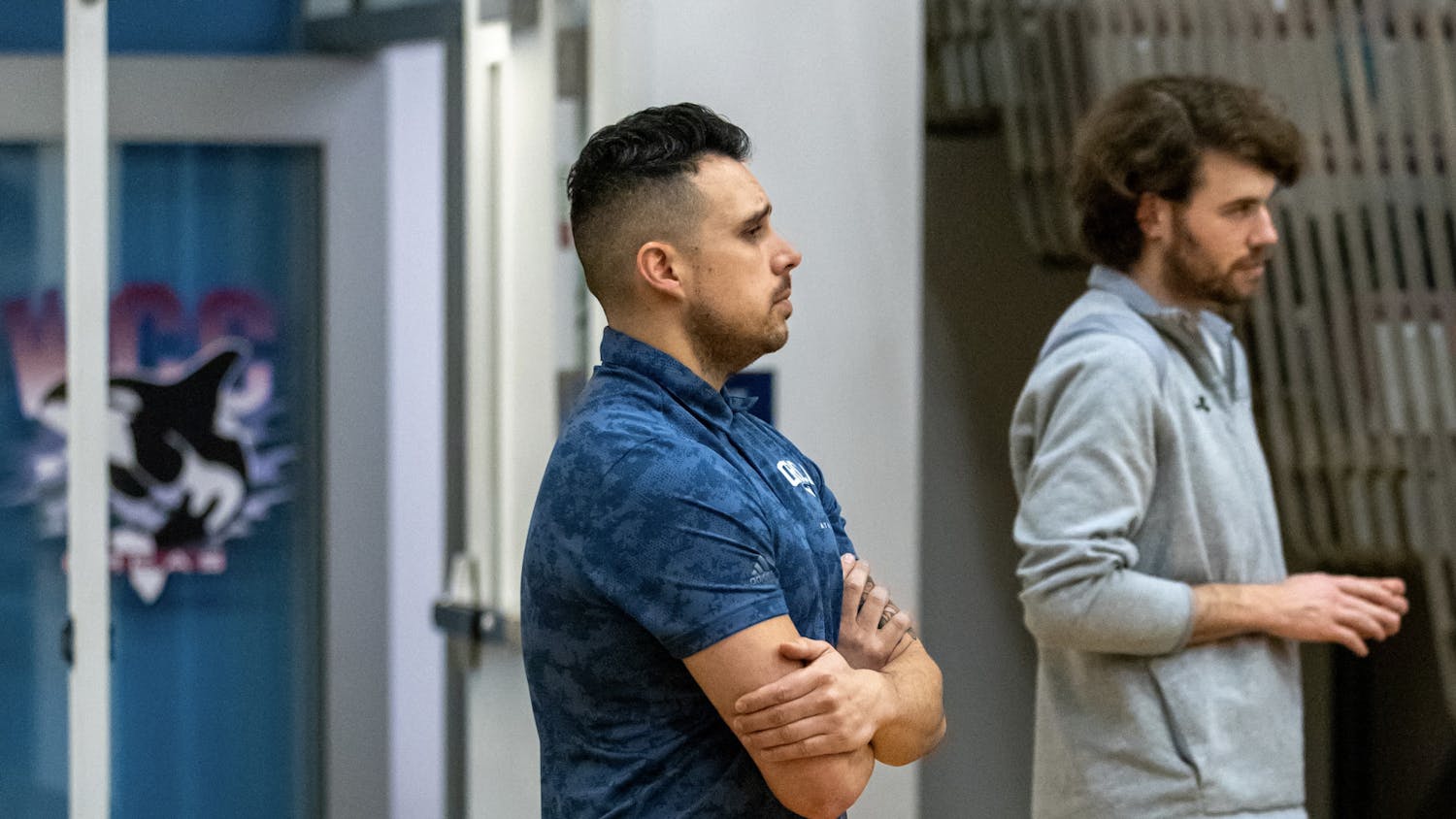By Nolan Baker The NCAA Board of Governors voted unanimously Oct. 29 to begin the process of allowing student-athletes to make money off their name, image and likeness during their college career. This ruling could possibly end a decades long policy which forbids college athletes from accepting any monetary compensations not in the form of a scholarship. The vote by the NCAA came only weeks after California Gov. Gavin Newsom signed the Fair Pay to Play Act, which made it legal for athletes in California universities to accept endorsement money. At least ten other state governments, including Washington, have begun work on similar legislation by the time the NCAA’s ruling was announced. In a brief response to the passing of the California act, the NCAA stated, “it is clear that a patchwork of different laws from different states will make unattainable the goal of providing a fair and level playing field,” for college athletics. As NCAA policy currently states, all student-athletes are considered amateurs of their sport. This means that college athletes cannot be paid in any form for playing in games, cannot sign with a professional agent and will lose their eligibility to play in college if they ever accept payment for their play. In short, the only money any student-athlete receives for their play comes in the form of a scholarship and cost of attendance stipends. The NCAA claims that requiring all athletes to play as amateurs keeps the sports business world and all of its supposedly unethical agents and businesses out of college athletics. Allen R. Sanderson and John J. Siegfried in the Journal of Economic Perspectives said that while the NCAA, universities, broadcast companies and their advertisers bring in millions of dollars of revenue, the athletes who create the entertainment are being left uncompensated for their labor. This rule change signifies that the NCAA recognizes the scrutiny they are receiving from legislators around the country, and it could help student-athletes receive a slice of the revenue that college athletics create. However, the rule does not require universities themselves to pay their athletes for their work, only that athletes may be able to market themselves to outside sponsors. In response to the nationwide political pressure, the NCAA created the Federal and State Legislation Working Group, a task force of administrators, athletic directors and student-athletes from universities from all three divisions to hash out the minutiae of policies that would fairly allow athletes to profit from their name, image and likeness. In a statement posted to their website, the NCAA was tentative to unveil any concrete details of how their new ruling would be implemented, and whether it would be anything like the Fair Pay to Play Act signed into law in California just weeks earlier. Michael V. Drake, chairman of the NCAA Board of Governors, said in the statement that, “modernization for the future is a natural extension of the numerous steps NCAA members have taken in recent years to improve support for student-athletes, including full cost of attendance and guaranteed scholarships.” Adam Wright, an assistant professor of economics at Western, disagrees with the points the NCAA is making about the new rule change. He cautions that although the NCAA is opening a door for players to make money during college careers, athletes are far away from being fairly compensated for their labor. “They are only relenting on that one very specific aspect, that is, making money off of your likeness, or endorsements basically,” Wright said. When asked if the NCAA uses amateurism as a tool to keep athletes from getting a fair share of the profits created by college athletics, he cautioned against subjectivity. “I think people follow their financial incentives, and it’s certainly in the NCAA’s financial incentives to keep the labeling of amateurism,” Wright said. “I keep reading this, ‘we’re going to change the rules, but consistent with our model of amateurism,’” Wright said. “To me, that is a way to give [the NCAA] some wiggle room to kind of make these rules kind of as beneficial to them as possible.” It is still unclear what the impact of this decision will be and how much latitude the NCAA will allow student-athletes to have in terms of marketing themselves during their collegiate careers. This hasn’t stopped a firestorm of comments from both sides of the argument, and from some of the most influential members of the collegiate sports world. Money made by student-athletes themselves would siphon resources away from other athletic programs who often rely on advertising from local businesses, said Larry Scott, Pac-12 conference commissioner during the conference’s basketball media day. “It’ll come from money that’s already going to our campuses, in my view,” Scott said during the press conference. “So there will be less resources, I believe, that our campuses will have, and they’ll have to make some adjustments.” For Western athletics specifically, the issue is a unique one. Western does not offer full-ride scholarships to student-athletes. Some work part-time jobs in order to pay for their living expenses and some of their equipment. For junior cross country captain Jane Barr, her commitment to the team, her part-time job at Starbucks and her school work gives her a schedule that often tallies over forty hours a week. “Twenty hours of running, you work maybe 15 hours and you’re also in school for another 15 hours, that’s over full-time,” Barr said. “Running shoes are expensive, those are $120, we have to buy four pairs a year. We have to come up with cash in other ways.” Barr understands that although cross country does offer prize money for races once she completes her collegiate career, her sport doesn’t offer the professional promises of male-dominated sports like football or basketball. “[Running] is a side hobby, there’s no way — unless you’re a crazy fast athlete — that you’re going to go pro,” Barr said. “It would be speculative for us to comment on the impact of athletes benefiting from the use of their name, image and likeness on Division II athletic programs and our program at WWU, until formal rules are adopted,” Steven Card, Western Athletic Director said in an email. In Card’s statement, he said the Western athletic department anticipates, “that there will be a significant amount of dialogue over the next several months, including the NCAA Convention in January.” The annual convention will be held from Jan. 22 to Jan. 25 in Anaheim, California, but rule changes won’t take effect until 2021.





